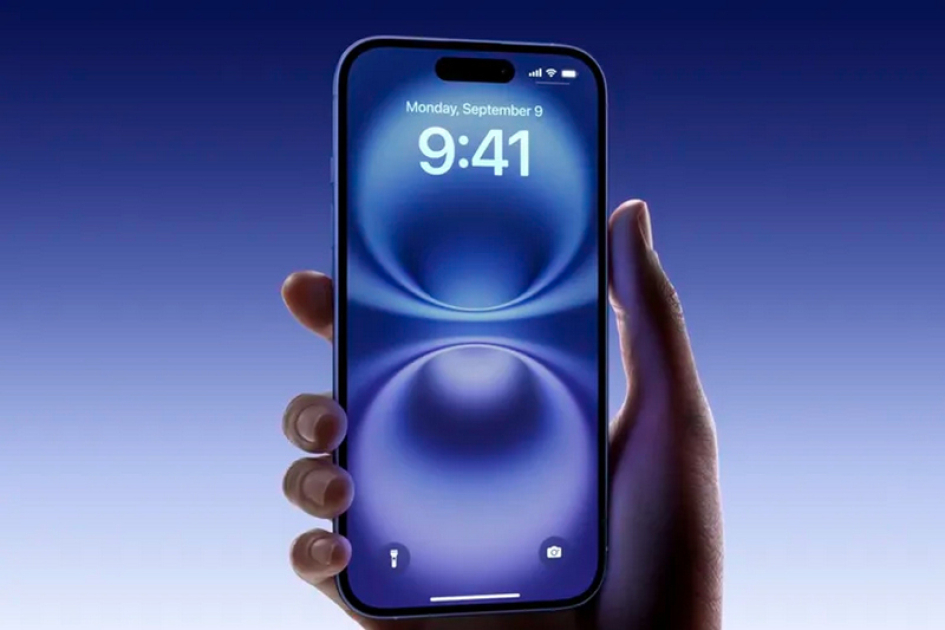Apple Leverages AI Innovations to Revitalize iPhone 16 Sales
3 min read

Amid a slump in business performance, Apple is striving to rejuvenate its iPhone sales with the introduction of the iPhone 16, unveiled on Monday. The tech giant’s latest smartphone features a new external camera button, which serves as a physical marker for the significant AI enhancements incorporated within the device.
Tim Cook, Apple’s CEO, highlighted that these updates would “push the boundaries of what a smartphone can do.” Nevertheless, Apple faces substantial competition from rivals who have already embedded generative AI into their devices. During Apple’s “Glowtime” event, where the iPhone 16 and other products were showcased, the company’s share price experienced a dip and ended the day with no significant change. Despite being a $3 trillion entity, Apple is under scrutiny for potentially falling behind in the fast-evolving field of artificial intelligence.
iPhone sales, which represent about half of Apple’s total revenue, have plateaued recently, showing a 1% decline over the nine months leading up to June 29 compared to the previous year. In response, Apple has designed the new iPhone 16 with enhanced features such as longer-lasting batteries, more powerful processors, and improved privacy controls. The phone is also tailored to leverage AI and the new “Apple Intelligence” tools announced in June.
These AI-driven features include advanced tools for creating emojis and writing text, and an integration of OpenAI’s ChatGPT into Siri for improved query handling and text generation. Additionally, Apple revealed updates to its Apple Watch and AirPods. The new AirPods Pro will feature a “clinical grade” personal hearing aid capability for users with mild to moderate hearing loss, pending regulatory approval. This new feature is expected to be available this fall in over 100 countries, including the US, Germany, and Japan.
The iPhone 16, which will start at $799, along with the updated AirPods and Apple Watch, was introduced at a high-profile event. However, this event was marred by protests across the street, where demonstrators called on Apple to enhance its efforts in protecting children from harmful content in its App Store. The protest included a life-sized effigy of Tim Cook.
The new iPhone 16 is set to go on sale in September, but its AI features will not be available until October, starting in the US and rolling out to other countries thereafter, with the UK expected to receive them in December. Ben Wood, chief analyst at CCS Insight, commented that while the new camera control might be seen by some as a mere “glorified shutter button,” it represents significant advancements, including AI-powered visual search. He believes these features will appeal to loyal Apple customers and help drive upgrades.
Apple has been slower than competitors like Samsung and Google in integrating generative AI into devices for photo editing, translation, and web browsing. Competitors are even introducing AI features in foldable and tri-fold smartphones, with Huawei’s Mate XT reportedly achieving over three million pre-orders on its launch day.
Annette Zimmermann, an analyst at Gartner, emphasized the importance of Apple delivering on its AI promises, given its delayed rollout compared to rivals. She cautioned that premature deployment of unready features could jeopardize Apple’s reputation or result in sales declines.
As Apple aims to rekindle interest in its flagship product, the success of the iPhone 16 will hinge on its ability to meet consumer expectations and stand out in a crowded market filled with advanced AI-driven features from competitors.